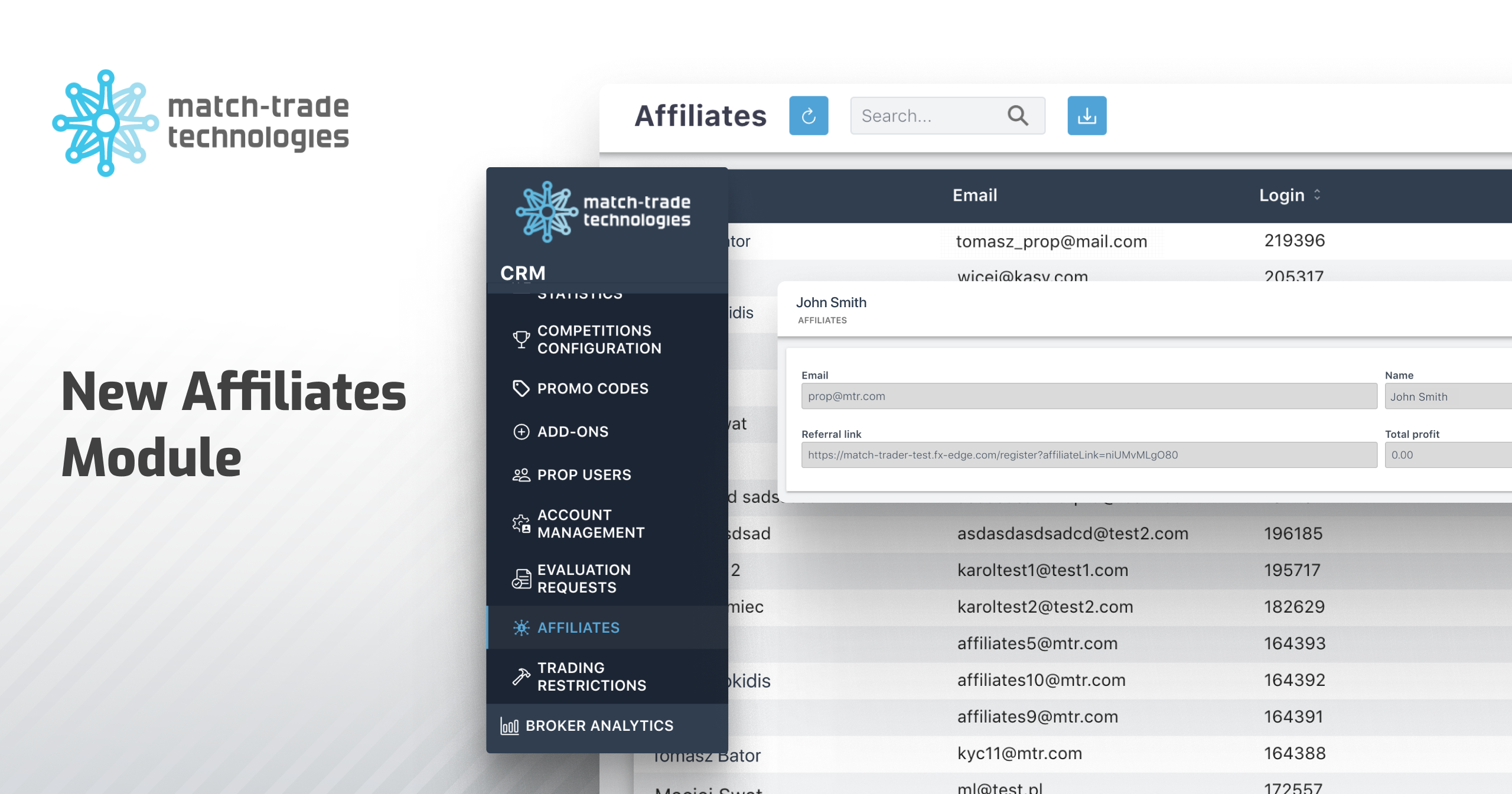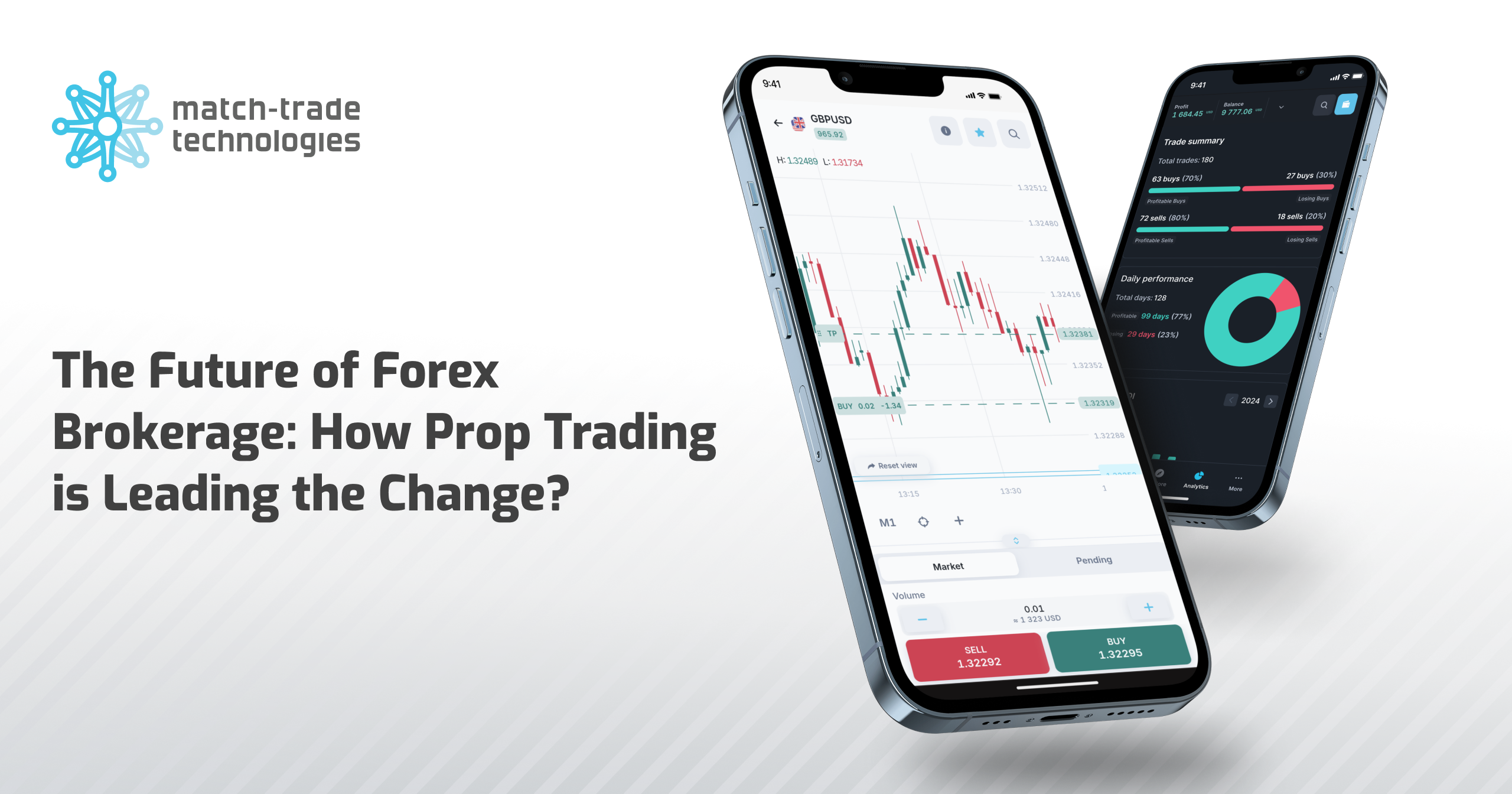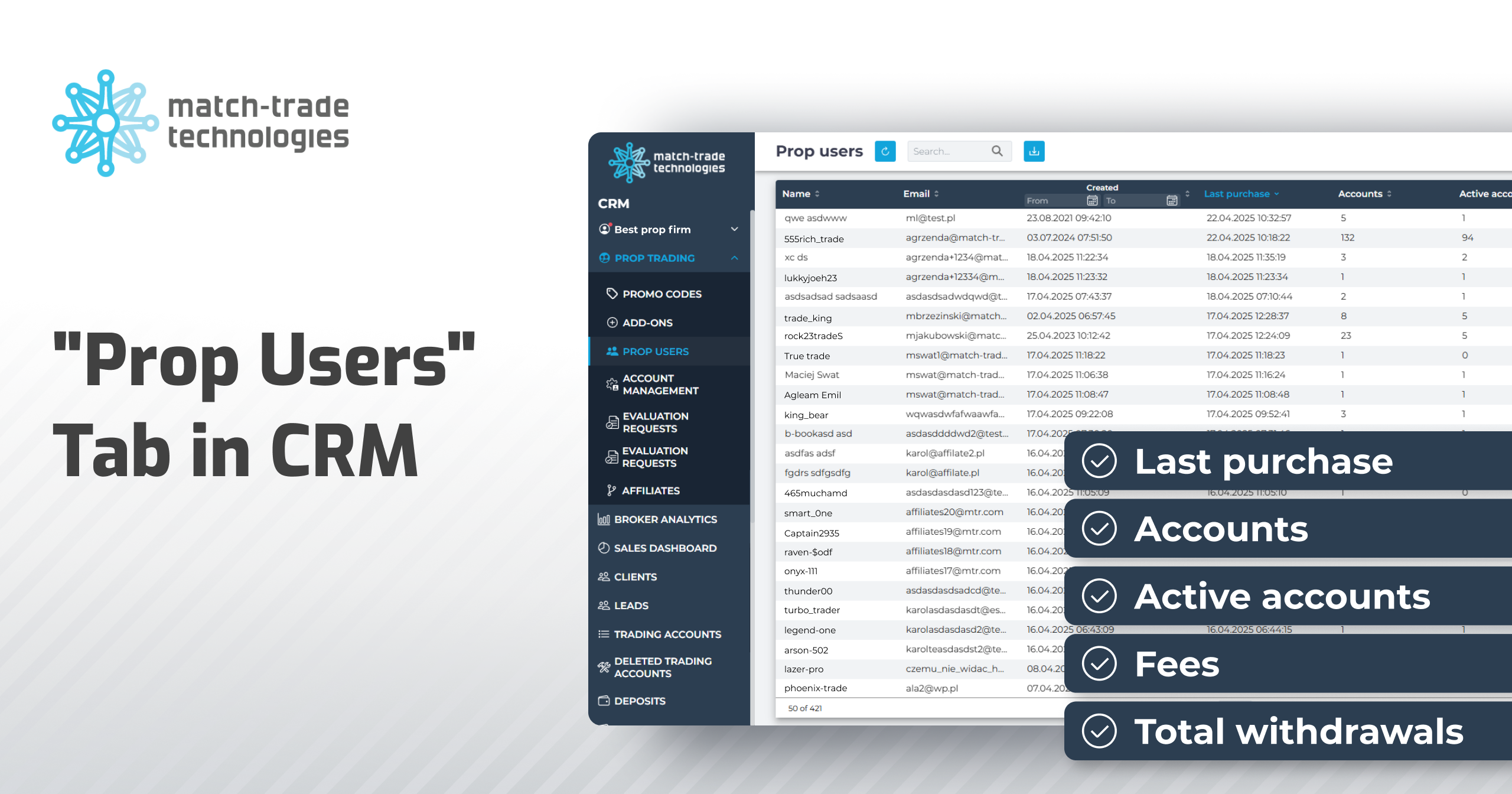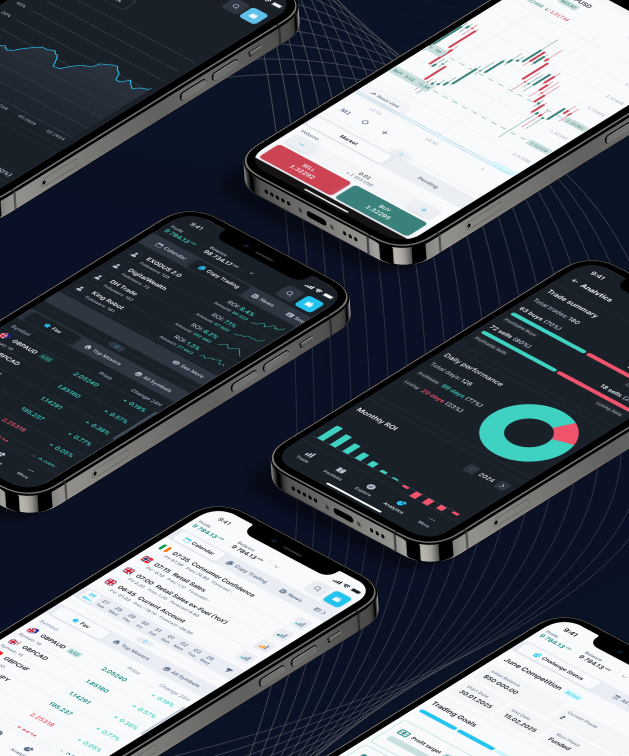Our comprehensive guide provides all the necessary information regarding available options, requirements to meet, and the associated costs involved in registering your company to operate as a forex broker.
Regulated or offshore – what are the options for Forex Brokers?
Forex services are governed by three primary types of legal jurisdictions: unregulated, partly regulated, and regulated. Each category differs in terms of costs and the extent of the licence. Choosing the right jurisdiction is crucial to ensure compliance with all requirements. Surprisingly, statistics from the forex industry reveal that a staggering 95% of companies venture into FX brokerage without a licence issued by a recognised financial regulator or any licence at all.

Are offshore Forex Brokers less credible?
The decision to opt for offshore jurisdictions goes beyond the appeal of fewer formalities and the low cost of starting a business. It is increasingly common for well-established and regulated brokers to offer their EU customers an alternative jurisdiction during the onboarding stage. This means that clients seeking to open an account with a regulated EU broker are also presented with an account that offers significantly better terms if they choose to register with a non-EU entity. Offshore zones offer advantages such as unrestricted account leverage, instrument range, and other client benefits. Moreover, these jurisdictions often provide favourable tax conditions, enabling brokers to offer improved conditions to their clients.
SVG is no longer a go-to jurisdiction for startup Forex Brokers
Previously, the most popular jurisdiction among startup brokers was SVG. However, March 2023 brought significant changes to this landscape. Unfortunately, the jurisdiction that was frequently chosen as the quickest route to operating in the FX industry is no longer available. Local legislators enacted changes in the law, prohibiting the offering of Forex, specifically referring to currency pairs. Although other instruments may still be offered, this dilutes the purpose of establishing a company within this industry. Presently, brokers can utilise a company registered in SVG to offer Forex in other countries, but they must adhere to the local regulations of each individual country in which they intend to provide services. Consequently, this unequivocally closes the doors for operating as an offshore broker registered in SVG. As the market abhors a vacuum, alternative jurisdictions promptly emerged, welcoming startup brokers with open arms.
The most commonly chosen jurisdictions by unregulated brokers include the Marshall Islands, Comoros, Saint Lucia and Nevis, and Seychelles. While some of these jurisdictions may not strictly offer a forex licence (such as St. Lucia and Nevis), they provide legal opinions that enable operation. Brokers can establish a registered company within these jurisdictions, thereby allowing them to offer FX services.
Documents required to register a Forex company
When registering an offshore forex broker company, you may be required to provide certain documents to establish the authenticity of your submission. These documents might include:
- a notarised copy of your passport or national ID,
- proof of address in the form of notarised utility bills or bank statements,
- a notarised bank or professional reference letter, and, in some cases, translated utility bills.
In some jurisdictions, additional documents such as proof of funds and a business plan may be requested to prevent money laundering and tax fraud, and demonstrate your seriousness in planning for the future. For instance, Nevis requires an additional document of good conduct.
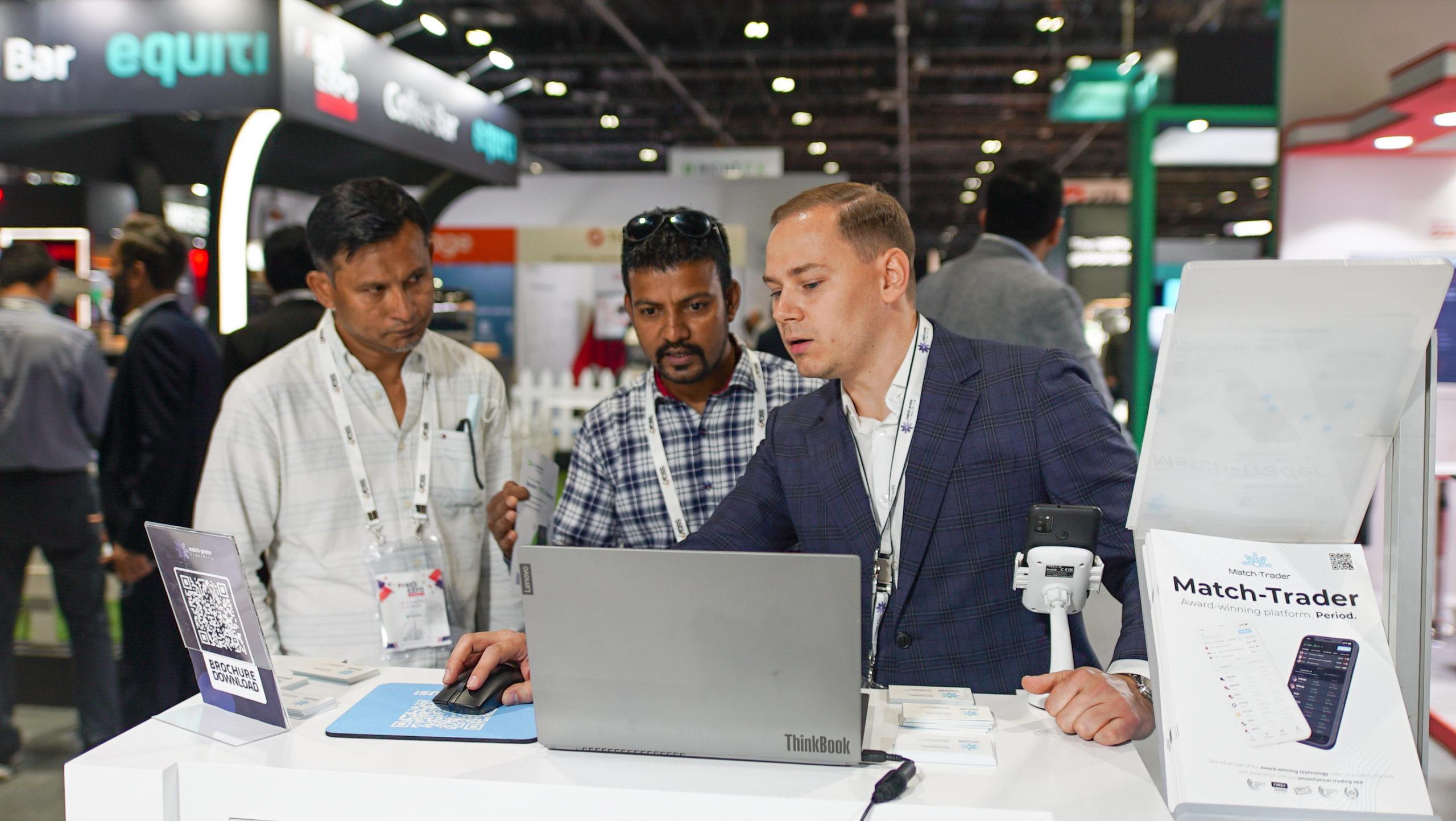
What are the types of Forex Market Regulations?
Numerous countries have established organisations to regulate the Forex market, safeguarding their citizens against fraudsters. However, these regulations also provide governments with opportunities to generate revenue through licence fees and taxes imposed on forex brokers. Here is a list of countries ranked from the least to the most restrictive regulations:
Offshore – jurisdictions providing no licence or regulation
These jurisdictions operate without regulations or the need for a licence to participate in the Forex market.
The Marshall Islands, St. Lucia and Nevis require only a week and a modest investment to establish a new forex brokerage business. The advantages and disadvantages of such an arrangement are evident. While the absence of control over forex companies may create room for misuse, an offshore licence remains a feasible and often the only choice for entrepreneurs venturing into the FX brokerage space. Like any new business, it is impossible to predict the company’s effectiveness, and for many novice brokers, the significant amount of money required (such as $20,000) could be better invested in business development and attracting customers and traders. Not having a licence, however, leads to reduced confidence and trust from banks, as few, if any, would be willing to risk opening a corporate account for an unlicensed forex broker, due to concerns about potential money laundering and fraud that could harm the bank’s reputation. One possible workaround is for your registered company to engage in other non-forex-related businesses, which might allow you to secure a corporate bank account serving both purposes. However, there is no guarantee that banks will permit this arrangement, making it more viable for existing companies seeking to expand into the forex industry rather than for startup Brokers.
The BVI, Vanuatu, Mauritius, Belize, Seychelles, and Cayman Islands – New go-to jurisdictions for startup Brokers
While these countries are regulated, they are still considered offshore. Although these jurisdictions have official regulations and issue licences for forex activities, brokers’ clients often regard them as “offshore” entities. The licence acquisition and registration process is comparatively faster here, typically taking 3 to 4 months (excluding the time needed to prepare required documentation). The cost for novice brokers ranges from $20,000 to $50,000. For instance, obtaining a licence in Seychelles may cost less than $15,000, with a mandatory shared capital of $50,000. A significant advantage of these licences is the facilitation of opening a corporate bank account, which, although requiring additional documentation, is less problematic compared to offshore jurisdictions lacking regulations.
UK (FCA), Malta (MFSA), Cyprus (CYSEC) – the most popular forex licences
Although not the most expensive, these jurisdictions have stringent requirements and demands. The United Kingdom (FCA), Malta (MFSA), and Cyprus (CYSEC) impose lower initial capital requirements but place significant emphasis on reporting. The licence acquisition process usually takes around one year and incurs legal fees ranging from $35,000 to $50,000. Establishing a local office is also mandatory, which can cost an additional $35,000 per month. Furthermore, a minimum of $150,000 of non-client funds is required as initial capital (in many cases, the deposit requirement is even higher, reaching $250,000 – $300,000).

New Zealand (FSP) and Australia (ASIC) – licences for Asia/Pacific forex Brokers
Some FX brokers targeting customers in the Asia/Pacific region opt to register a forex entity in New Zealand (FSP) or Australia (ASIC). The cost and duration of obtaining a licence in these jurisdictions do not significantly differ from the UK licence. On average, legal services cost around $35,000, and the licensing process takes at least 6 months (excluding documentation preparation time). However, the initial capital required can present a significant hurdle, reaching as high as $1,000,000 depending on the type of licence. The primary advantage of obtaining legal registration in these countries is the undeniable credibility it confers and the ability to lawfully promote your business across the entire European market and/or the Asia/Pacific region. Furthermore, the process of opening a corporate bank account is simplified, a benefit unregulated brokers often struggle with.
USA and Japan – Strictly reserved for financial tycoons
The USA (CFTC, NFA) and Japan (FSA Japan) represent countries with the most stringent regulatory frameworks. The main prerequisite for obtaining a licence is having free capital of $20 million, excluding client deposits. US and Japanese brokers face rigorous reporting requirements and are obligated to pay membership fees starting from $125,000 per year. Moreover, they are required to maintain local offices, incurring additional costs such as rent and employment expenses.
PROs & CONs of starting a brokerage business without any licence
Having a licence often serves as a marketing tool for brokers, instilling confidence in customers and allowing for extensive marketing activities. Additionally, a licence facilitates the opening of corporate bank accounts, although offshore brokers have alternative solutions to overcome this challenge and operate smoothly. One such solution is enabling clients to make payments using cryptocurrencies, which remain unrestricted in most countries.
The most significant advantage for novice brokers venturing offshore is cost savings that would otherwise be spent on obtaining a licence. Without this financial burden, the capital can be redirected towards business development. For instance, brokers in some markets attract clients through various bonuses, gifts, low spreads, and lucrative affiliate programs.
Another allure drawing brokers to unregulated jurisdictions is the favourable tax systems, which significantly reduce operating costs for companies. Moreover, unregulated brokers are not subjected to stringent reporting and accounting document controls. They are not obligated to maintain a physical office and can operate entirely online, resulting in further savings. However, potential disadvantages include traders’ widespread belief that trading with unregulated FX brokers may involve certain risks. Nevertheless, these concerns are often unfounded, as offshore companies already provide highly professional services and reliable trading instruments.
What does it look like in practice?
In reality, the majority of FX brokers initiate their journey as unlicensed entities registered in offshore jurisdictions, gradually progressing towards higher levels of regulation. Registering a forex business in regulated countries such as the USA, UK, or even Cyprus can cost up to ten times more than in the BVI or Belize. On average, obtaining an actual licence takes approximately one year, requiring a local office presence and compliance with local tax regulations. If gaining the trust of prospective clients is crucial for you, opting for a jurisdiction offering a proper licence is recommended. However, for those with limited resources seeking prompt market access, starting as an offshore broker and obtaining a licence once the business begins generating profits may be a viable strategy. Becoming a licensed Forex Broker is the best way to enhance credibility, improve overall image and reputation, and foster business growth


